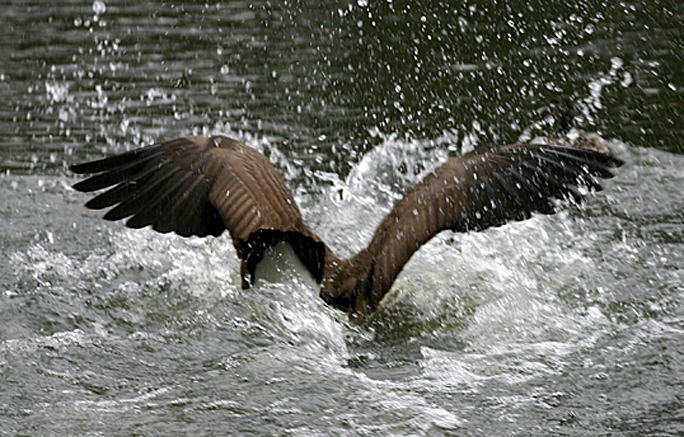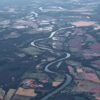Autumn is the time of year when birds in the northern hemisphere typically migrate south to spend the winter in a warmer climate — and what is known as the Canada goose is no exception, although more members of this general species have abandoned the migration process and may stay in much of the United States and southern Canada all year long due to being fed by human beings, warmer weather, and other effects and behaviors which diminish their need to migrate.
Sunday Morning Photograph November 7 2021: Canada Geese.
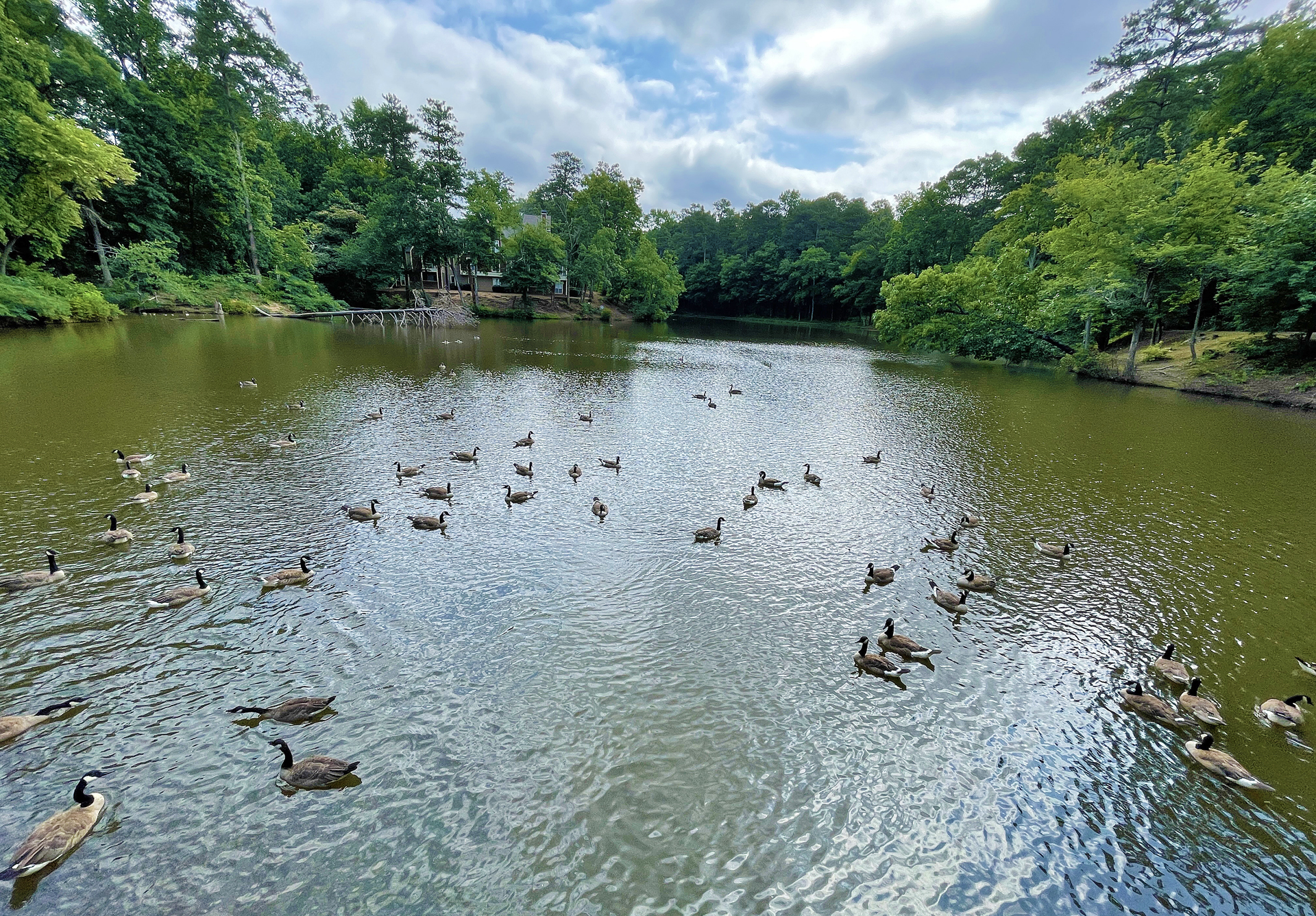
Prior to an appointment to donate platelets at the local blood facility recently, I took a long walk on what was a pleasant day — and as I was approaching a small lake, at least five dozen Canada geese congregated both on land and in the water.
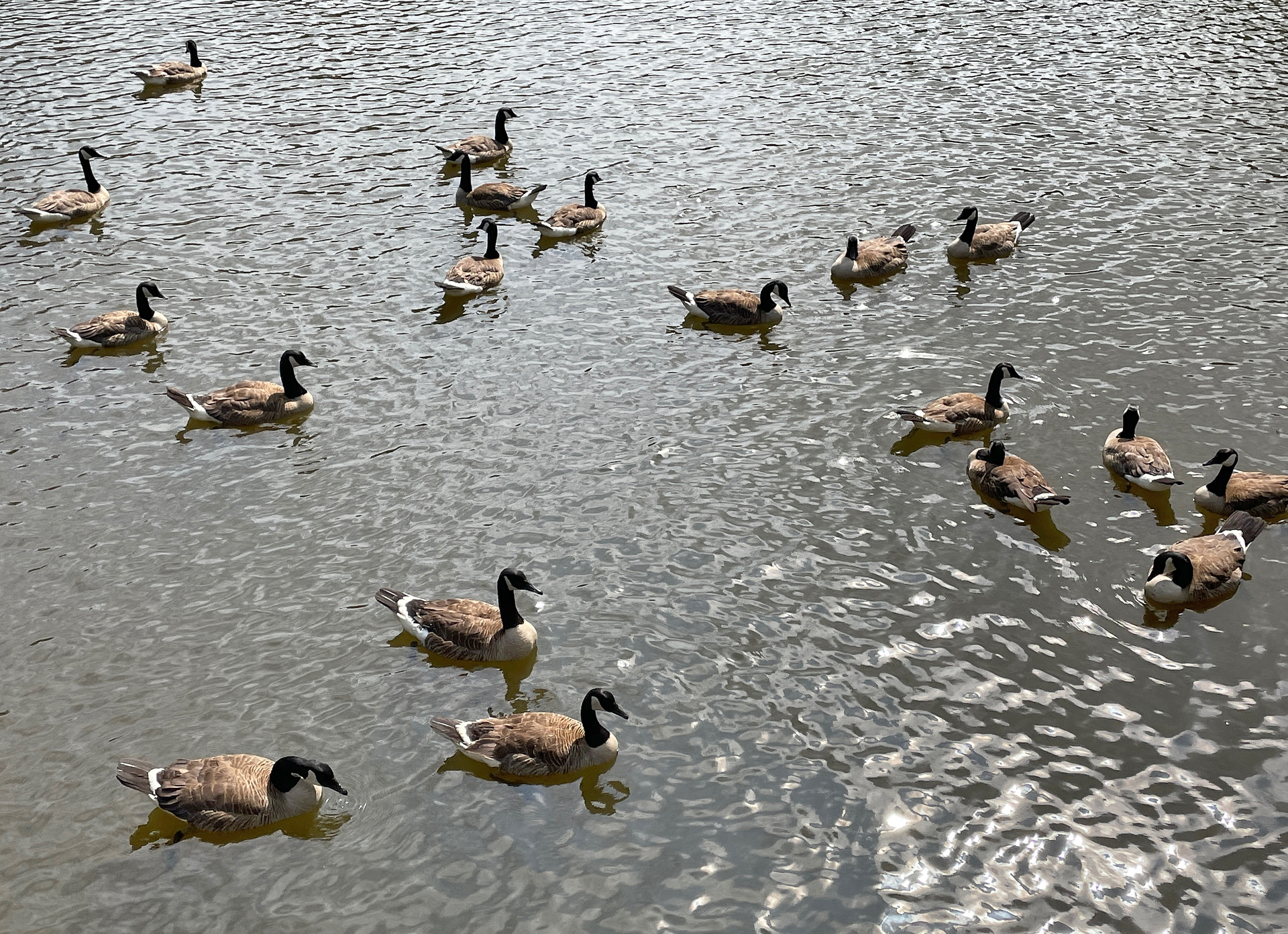
Some of the Canada geese were quite loud, as they are when they migrate: they typically fly in a V formation while calling with loud yet distinctive honking sounds. Hearing Canada geese before seeing them is not unusual.
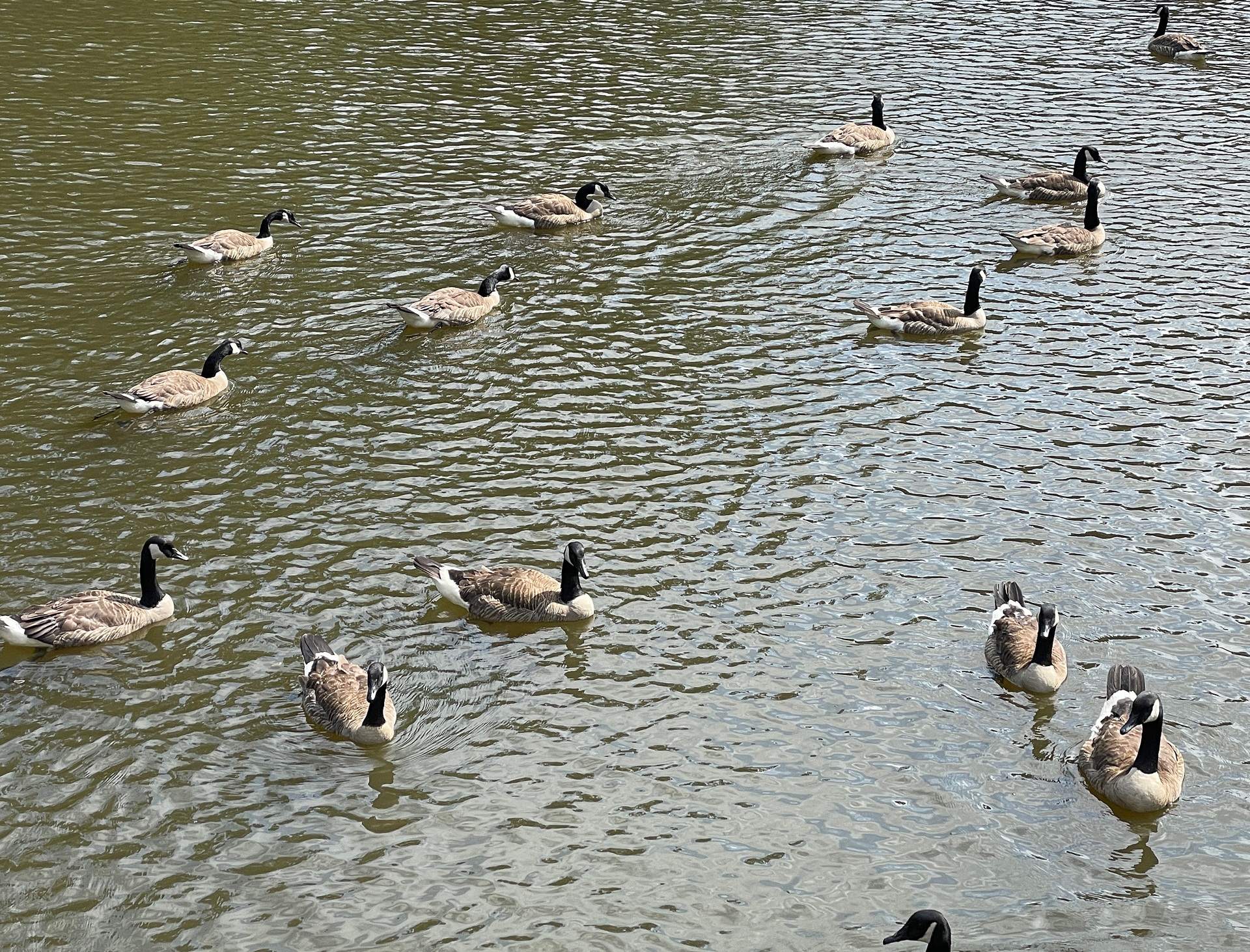
Canada geese have multiplied to the point where they are considered pests — from hanging around in public parks, parking lots, beaches, and golf courses and leaving a significant amount of excrement in random places everywhere to causing bird strikes in airplanes.
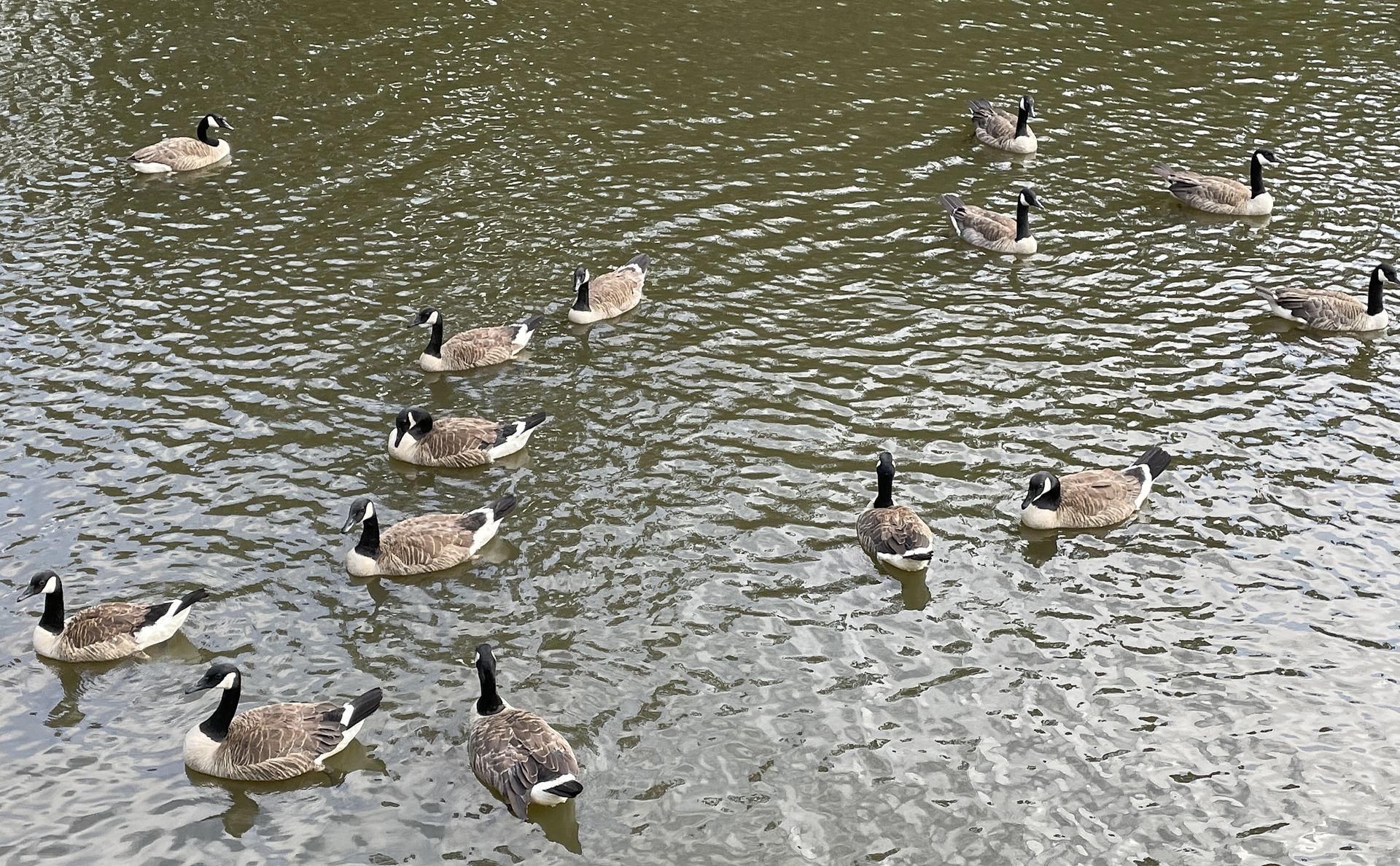
Commercial airline pilots are not necessarily trained thousands of hours for the mundane work they do every day. Rather, they are rigorously trained for the situations no one hopes will ever happen. For example, Chesley Sullenberger — who was a captain for US Airways — was forced to land an Airbus A320 aircraft in the Hudson River after it struck a flock of Canada geese during its initial ascent after departing from LaGuardia Airport in New York on Thursday, January 15, 2009 on its way to Charlotte and resulted in disabling the aircraft. The quick thinking and actions of Sullenberger — combined with his years of experience and training — resulted in a rare yet successful ditching of a commercial aircraft on water where no one died. This incident is arguably the most famous bird strike which was caused by Canada geese. Only the turkey vulture causes more bird strikes in airplanes than Canada geese — and the results can be deadly.
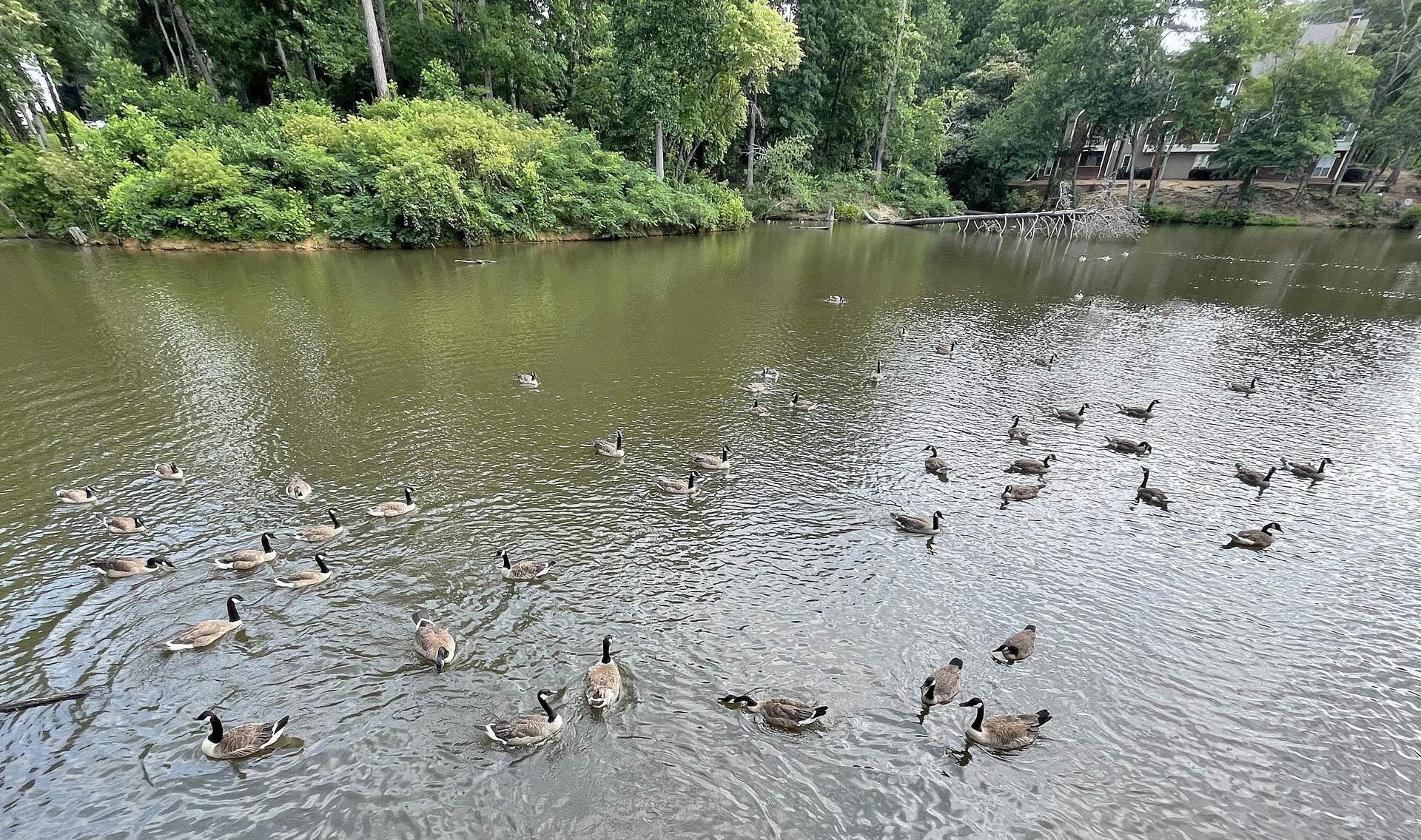
Canada geese are monogamous, as they stay with their mates for the rest of their lives once they find each other — but when they feel threatened, they can be quite aggressive and downright annoying. They will not only be aggressive to human beings and other animals — they will also be aggressive to each other as well.
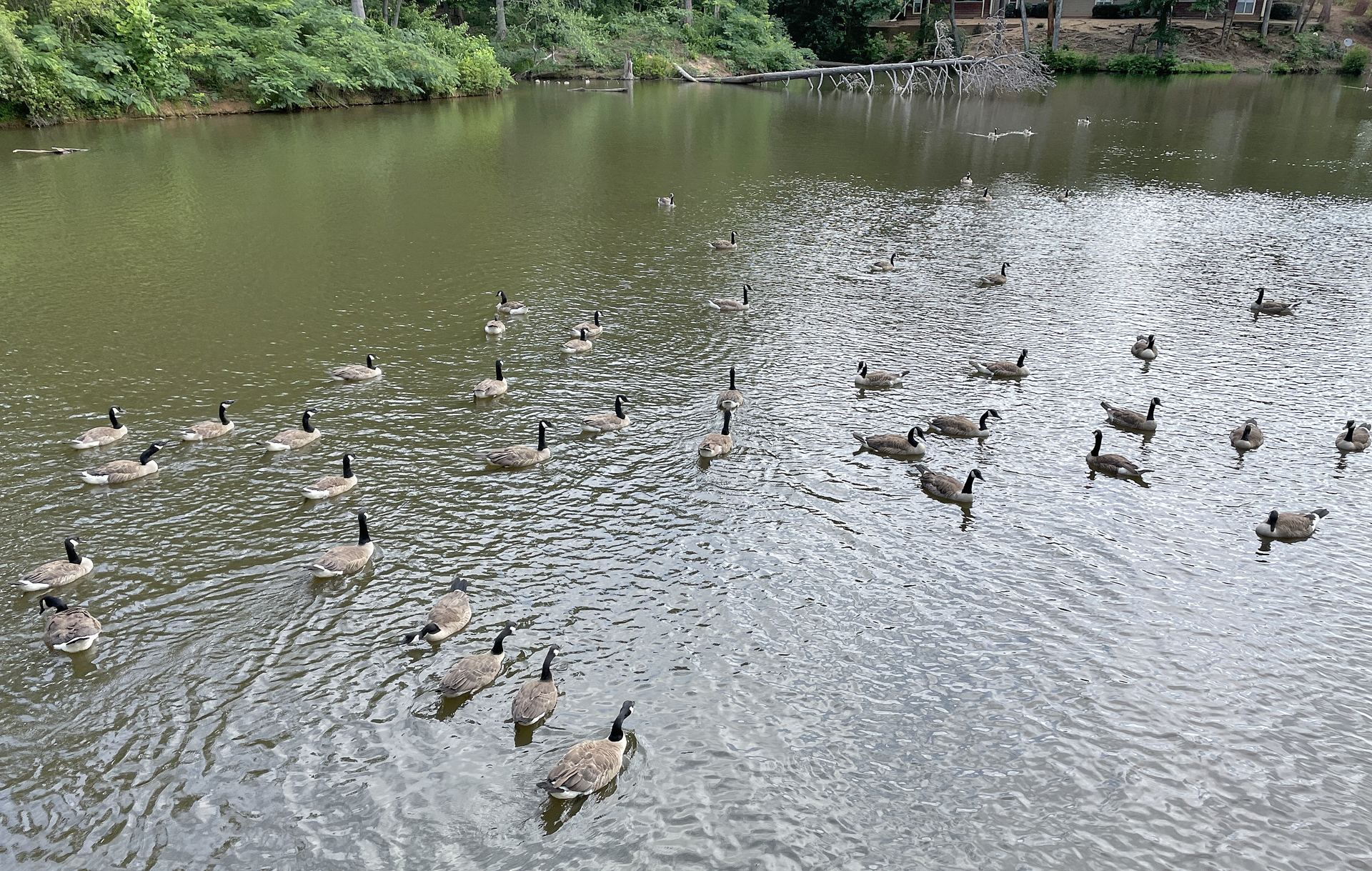
Final Boarding Call
I often wonder if Canada geese are edible, as they are rather large birds — but I have seen reports that the flavor of the fowl can be rather foul.
I guess their goose may not be cooked after all…
Please click here for a complete list of the Sunday Morning Photograph series of articles at The Gate.
All photographs ©2015 and ©2021 by Brian Cohen.
